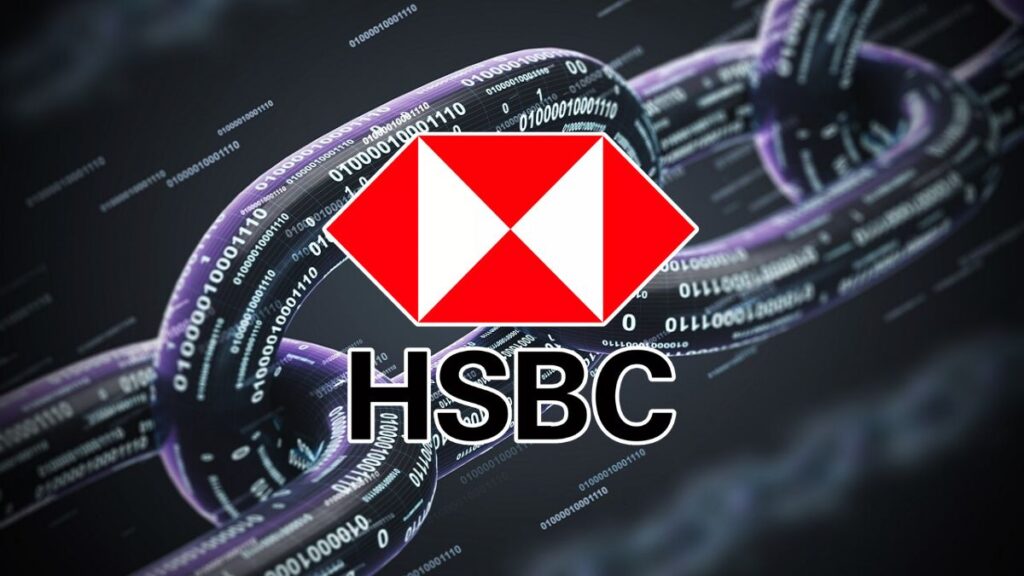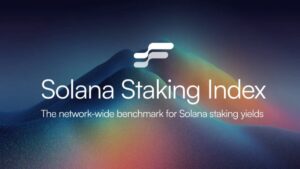TL;DR
- HSBC is accelerating its expansion of tokenized deposits and will roll out the service in the United States and the United Arab Emirates early next year.
- The bank will add the dirham to enable 24/7 transfers and liquidity management.
- The institution is developing programmable functions and considering issuing a stablecoin.
HSBC is preparing to expand its tokenized deposit offering and plans to make the service available to corporate clients in the United States and the United Arab Emirates during the first half of next year.
Its goal is to broaden a program already operating in Hong Kong, Singapore, the United Kingdom and Luxembourg, where the bank processes transactions in euros, pounds, US dollars, Hong Kong dollars and Singapore dollars. The upcoming addition of the dirham aims to integrate Gulf-region clients into a system that operates continuously and reduces reliance on traditional banking hours.
The Future Lies in Tokenized Deposits
The tokenized deposit service enables local and international fund transfers in a matter of seconds. According to Manish Kohli, HSBC’s global head of payment solutions, companies gain a tool that improves liquidity management and removes time-based restrictions on critical operations. Kohli argues that the adoption of tokenization and digital money has grown enough for the bank to channel its investments and extend the reach of the product into new markets.
HSBC’s tokenized deposits represent direct claims on money already held in bank accounts. They function as digital versions of traditional deposits, with the added feature that they can pay interest and are created within the regulated banking system.
HSBC Is Considering Issuing Its Own Stablecoin
This distinction sets them apart from stablecoins, which rely on liquid assets such as government debt and operate outside conventional banking infrastructure. HSBC’s strategy aligns with that of other banks — including Deutsche Bank, Citigroup and Santander — that are assessing how to digitize payments and optimize transactional processes.
HSBC is also working on new uses for these instruments. The institution plans to integrate programmable features and automate treasury management through systems that use artificial intelligence to administer cash and liquidity risk. The goal is to provide companies with a mechanism to adjust balances and execute complex payments without manual intervention.
The bank is in discussions with stablecoin issuers to offer reserve-management and settlement-account services. It is also not ruling out issuing its own stablecoin, either independently or jointly, although it conditions that possibility on a clearer legal framework












